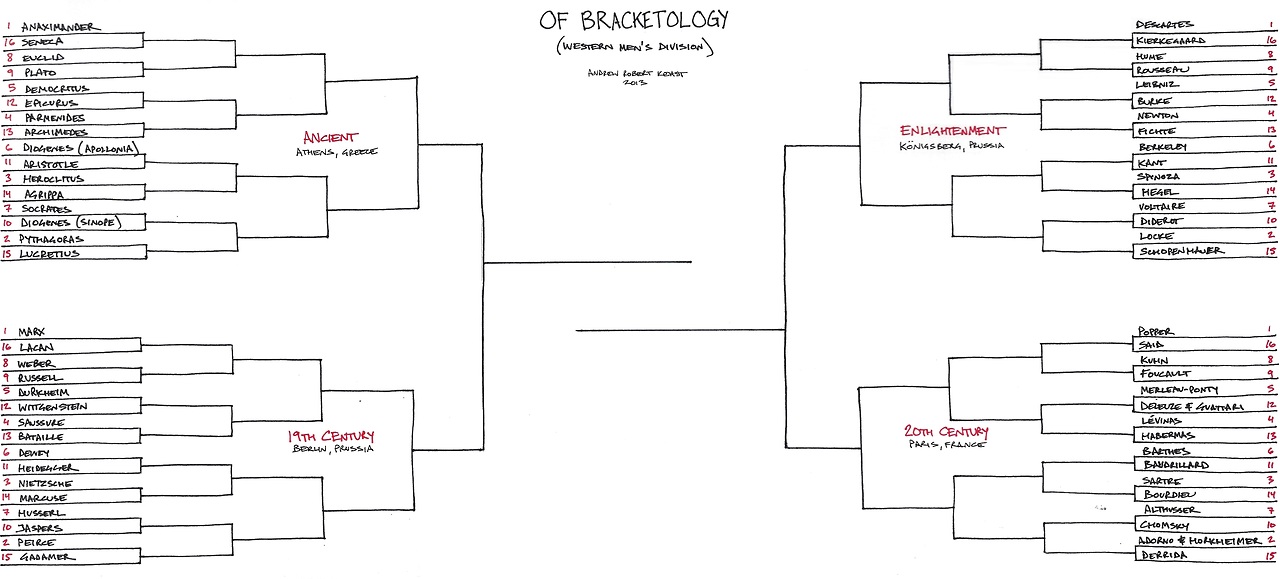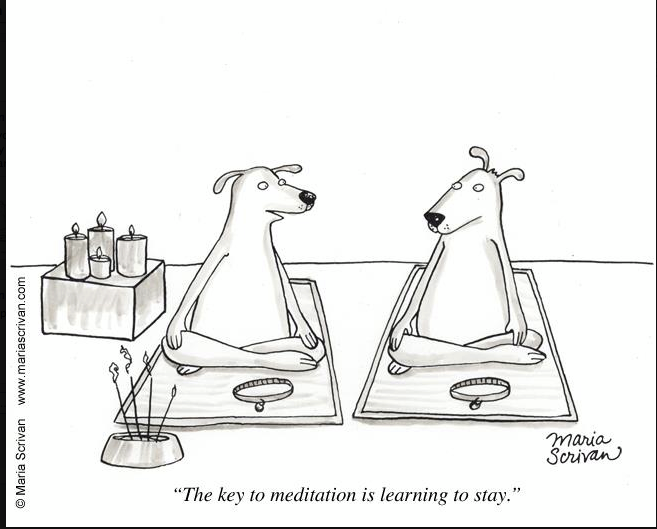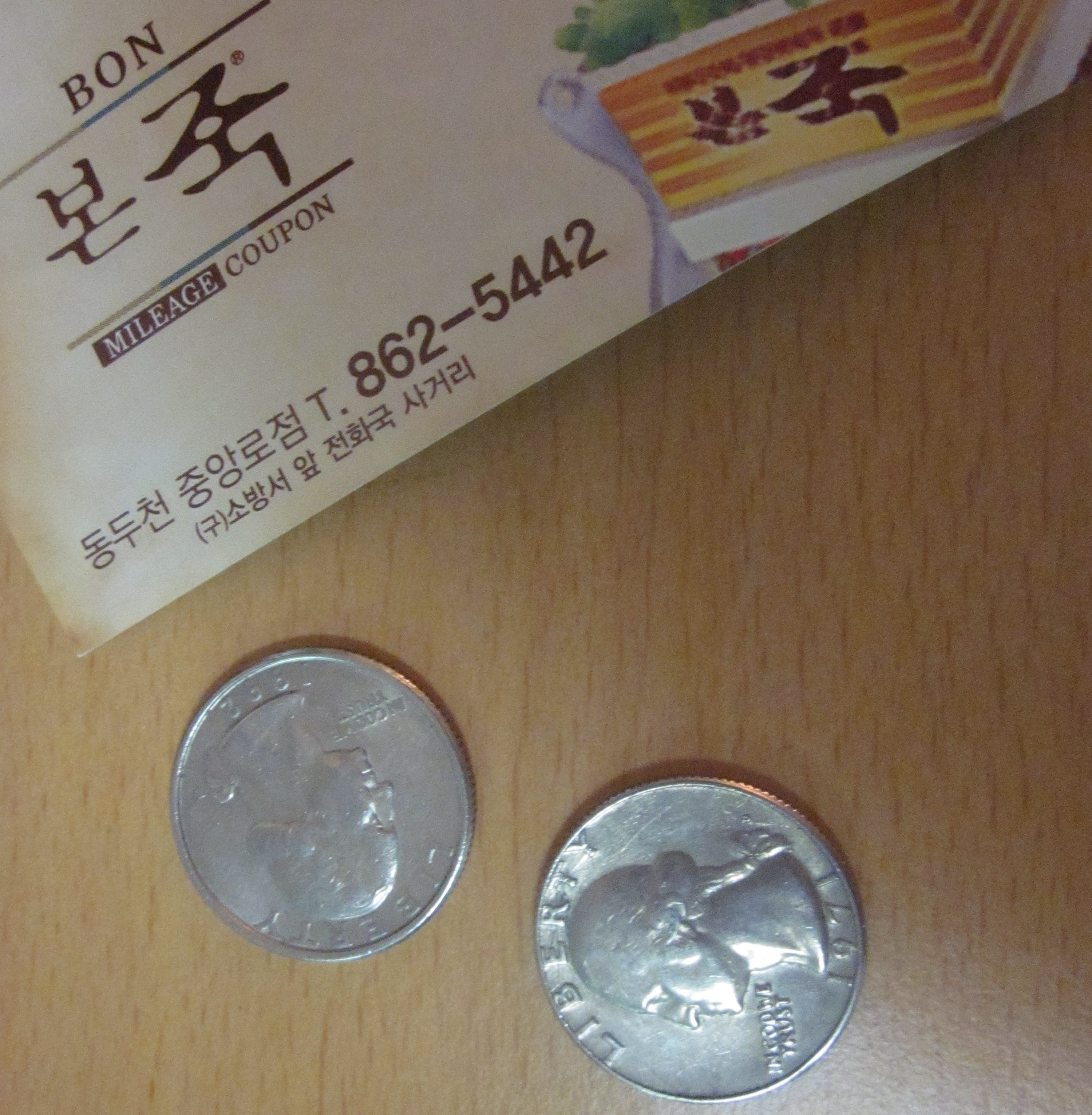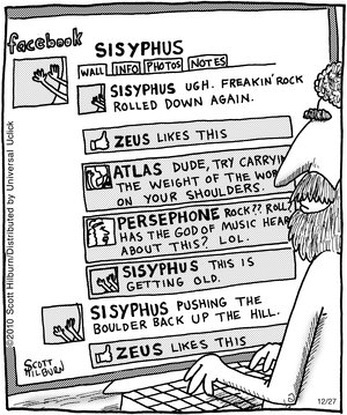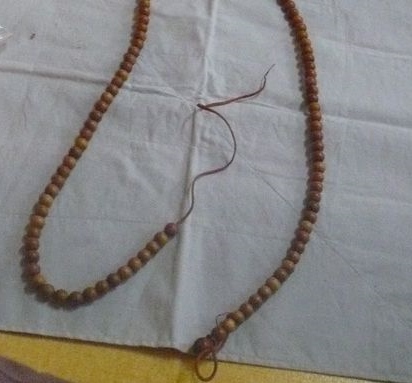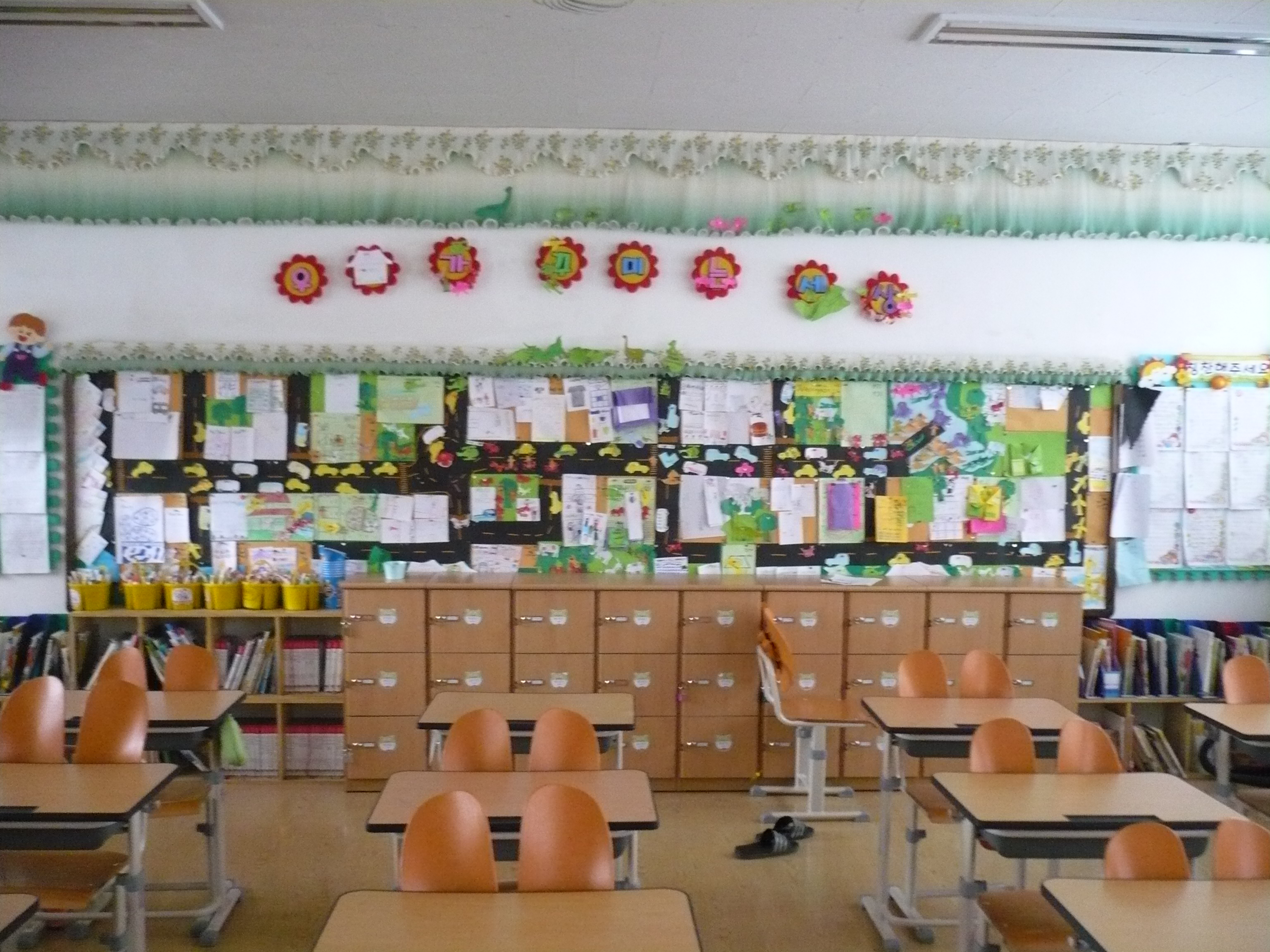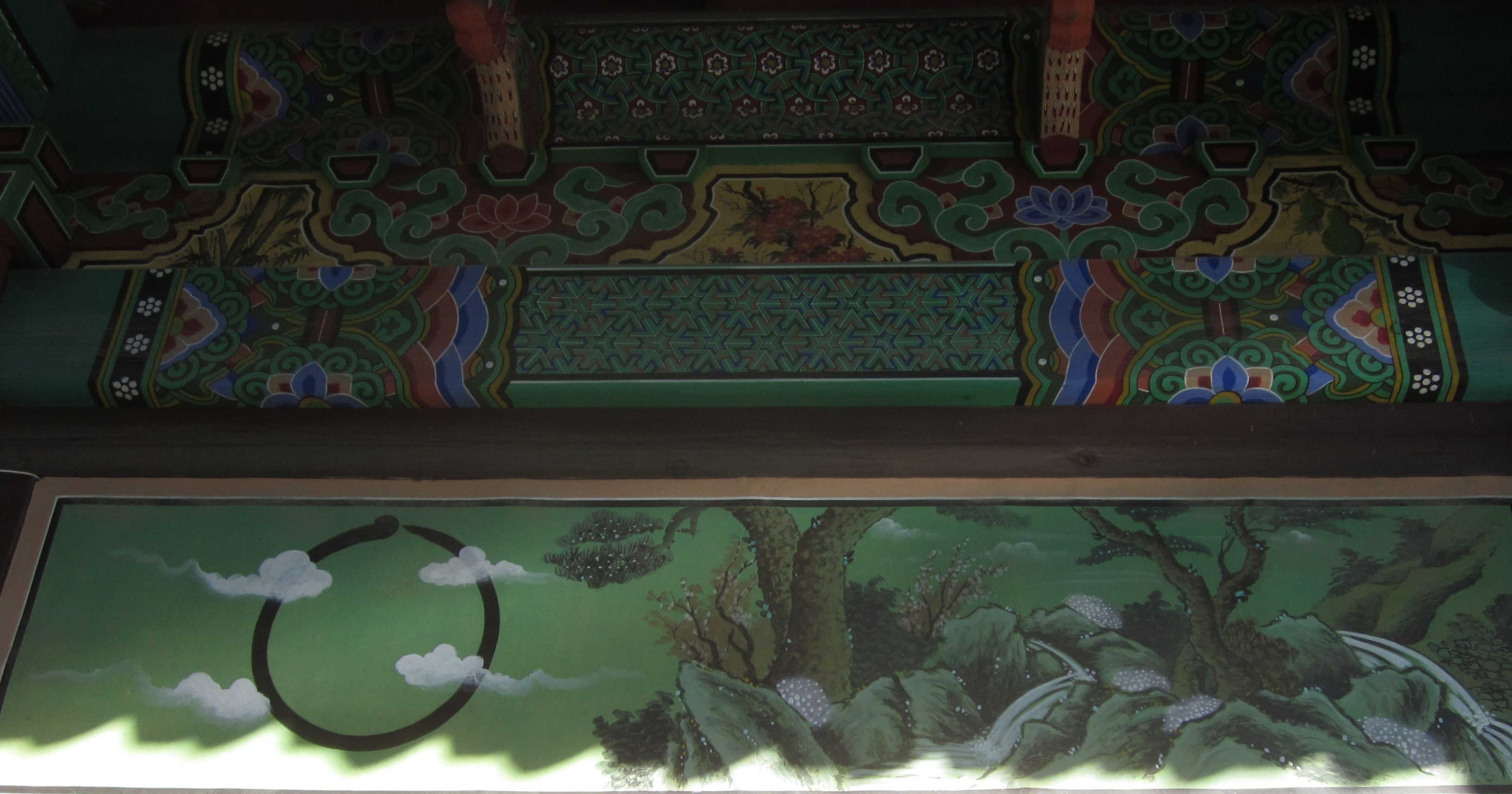
It was mostly just incidental that I happened to learn that Joseph Kasun passed away recently – I'm not in touch with any of my onetime high school teachers, but someone's posting on facebook caught my attention and so I came to know that my high school history teacher, Mr (Col) Kasun had died. His obituary is here, in the Times-Standard, Humboldt's newspaper-of-record. Here's an internet picture (right) showing him with ice-cream in front of a recognizably Arcata High Schoolish building – perhaps even his classroom (at the windows)?
I didn't have much of a personal connection with Mr Kasun. As a student, I remember not thinking much of him – he seemed theatrical and reactionary and prone to pendantic declamations that suited his record as a veteran and former Army officer perfectly. As a disconsolate youth with hippie-commune parents, to me he seemed both dangerous and buffoonish, like the bizarre uncle in the movie Harold and Maude. But he was, in fact, a fairly effective and most definitely memorable teacher, and he was principled enough not to spout his extreme conservative agenda too blatently into the classroom – I knew he was conservative (his wife was a major figure in the Humboldt pro-life movement and a Reagan activist) but I didn't ever feel he was trying to convince me to be conservative.
And here's the thing – I think of old Col Kasun often. Not quite on a daily basis, but he comes to mind several times a week, and in fact he'd been on my mind the same evening that I got home and saw the facebook post reporting his death. How is it that this should be so?
I'm a teacher. I'm not a high school teacher, but I teach gifted middle-schoolers, which is close enough. And even though I am, primarily, an EFL teacher, my methodology is deeply wrapped up with teaching "subjects-but-in-English." Specifically, I often find myself being a history and social studies teacher, such as was Mr Kasun. It's inevitable when talking about topics such as democracy, fights for independence, or social policy, that Mr Kasun's passionate and sincere style will sometimes come to mind. He would stand up at the front of the class and gesture his pointing finger while making oratory on the topic of our hard-won American freedoms or American exceptionalism. What's weird is that I can unintentionally channel Mr Kasun in gesture or tone, while the topic is, instead, Korean hard-won freedoms or Korean exceptionalism, while the kids stare up in that perfect teenage mixture of awe and boredom. And I find myself thinking to myself, 'jeez, that was a fine Colonel Kasun you just did, wasn't it?'
And I go home to read that he has died. I never had been in touch with him, since high school.
There are teachers you really like, in school. But as a teacher, those aren't always the teachers you think about, much less the ones you channel or become.
I really liked Mr Mauney, and Mr Meeks, and Mrs Williams (who had a different name, maybe, later, due to divorce or remarriage) and Mme Dalsant. But I rarely think of them in my teaching. Instead, I meditate on Mr Kasun or Mr Dohrman (sp?), both of whom I find myself channeling, sometimes to my own deep chagrin. Or I contemplete Mr Allan Edwards, who terrified me so much as a high school freshman that I never really recovered, and all these years later, I sometimes remind myself that, whatever else I may have as positives or negatives as a teacher, at the least I'm not terrifying my students to the extent they contemplate suicide. At least… I desperately hope not. I admit I've caused the occasional first or second grader to burst into tears – who hasn't? – but that's a far cry from inducing so much fear and loathing in a 15 year-old that he still has nightmares about you 30 years later.
That's a little bit off track, vis-a-vis a sort of obituary on Mr Joseph Frank Kasun. But the point is, I think of one past teacher or another almost every day – especially those teachers that left indelible impressions, be they good or bad. I think there may be something to the aphorsim that goes something like: it's better to be remembered as a teacher, even if disliked, than to be forgotten.
RIP Col Kasun.




